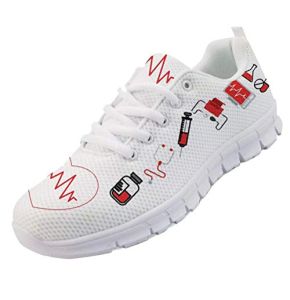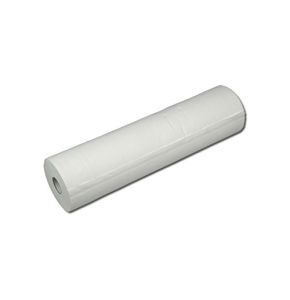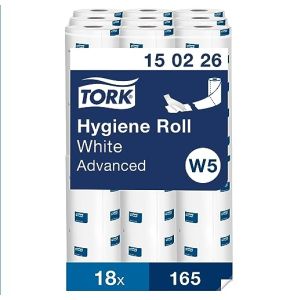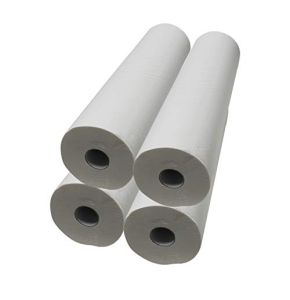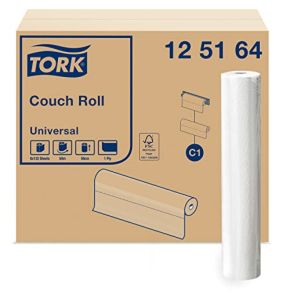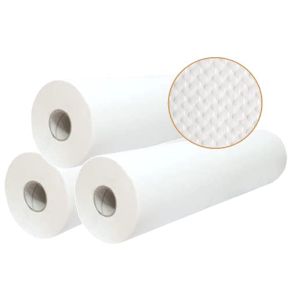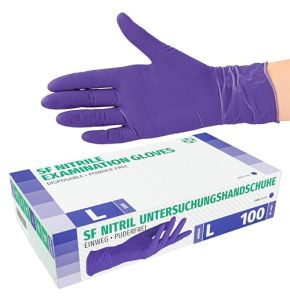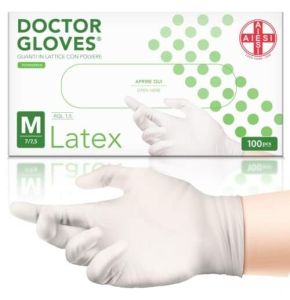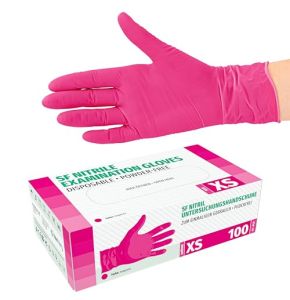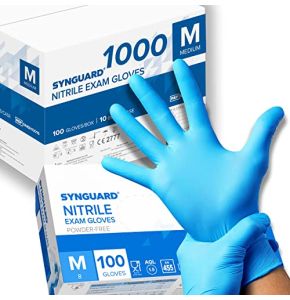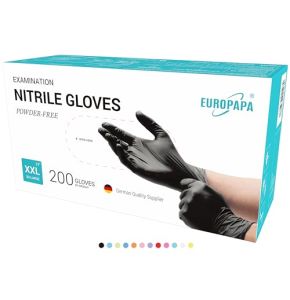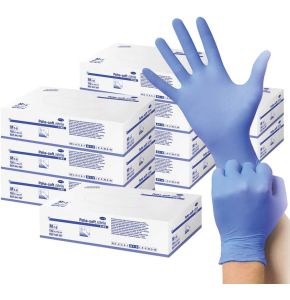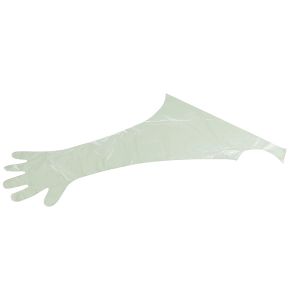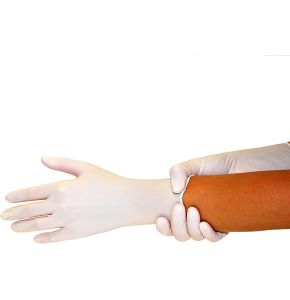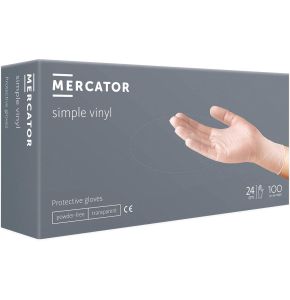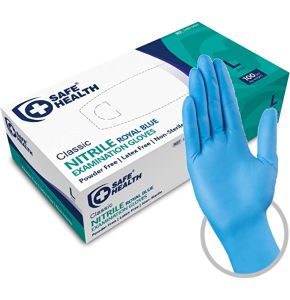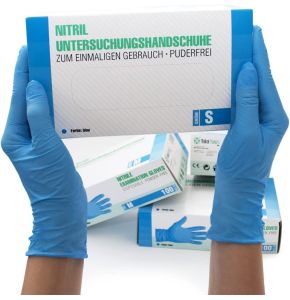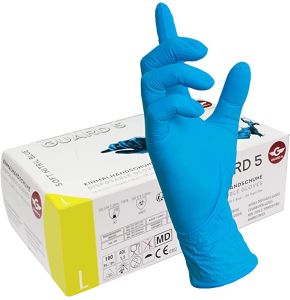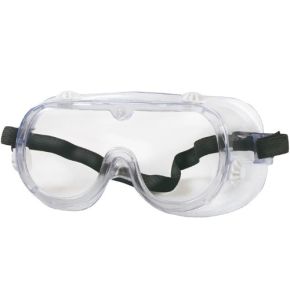Archives
17/12/2024 417
17/12/2024 398
17/12/2024 461
17/12/2024 367
18/11/2024 360
18/11/2024 414
18/11/2024 446
18/11/2024 460
18/11/2024 409
18/11/2024 403
18/11/2024 499
18/11/2024 472
18/11/2024 420
18/11/2024 446
18/11/2024 354
18/11/2024 438
18/11/2024 433
18/11/2024 489
18/11/2024 416
18/11/2024 405
18/11/2024 426
18/11/2024 366
18/11/2024 419
Update of Our Medical Products Catalog
Dear customers, in order to better meet your expectations and focus on our areas of expertise, we have recently updated our catalog. Some product categories have been removed from our site, including:
- Medical Cabinet: formerly essential for the secure storage of your medical supplies.
- Laundry Cart: facilitated the transport of clean and dirty laundry in healthcare facilities.
- Medical Cart: indispensable for moving medical equipment to patients.
- Examination Sheets: ensured hygiene and comfort during consultations.
- Examination Gloves: protected sanitary safety during medical procedures.
- Medical Bag: ideal for transporting your equipment during home visits.
- Stethoscope: essential tool for auscultation and precise diagnosis.
- Examination Table: offered comfortable support for patients during consultations.
- Blood Pressure Monitor: indispensable for accurately measuring blood pressure.
- Thermometer: allowed for precise measurement of body temperature.
- etc.
We understand that this may cause inconvenience, and we apologize. However, this decision allows us to offer you a more targeted selection of high-quality products in our specialty.
Discover Our Featured Categories
Although some products are no longer available, we are delighted to present our main categories, carefully selected to meet your professional needs.
Medical Lab Coats
Choose from our range of medical lab coats combining comfort, practicality, and elegance. Designed for healthcare professionals, our lab coats offer optimal freedom of movement while adhering to sanitary standards.
View our white lab coats
Medical Shoes
Discover our ergonomic medical shoes, ideal for healthcare staff. They offer exceptional comfort to accompany you throughout your day.
Discover our medical shoes
Medical Clogs
Discover our range of medical clogs combining comfort and safety. Ideal for healthcare staff, our clogs accompany you throughout your workday.
View our medical clogs
Medical Tunics
Browse our selection of medical tunics designed to offer ease of movement and a professional style. Our tunics are available in a variety of colors and sizes to suit your needs.
Discover our medical tunics
Looking for a Specific Product?
Feel free to use the site's search bar or our PRODUCTS menu at the top of the page to navigate through our different categories. You will easily find our offers of lab coats, shoes, clogs, and medical tunics, as well as other essential accessories for healthcare professionals.
Need Assistance?
Our team is at your disposal to answer your questions and guide you in your purchases.
Contact Form
We Thank You for Your Understanding
Your satisfaction is our priority. By focusing on these key categories, we are convinced that we can offer you even better service and products that fully meet your requirements. Do not hesitate to browse our site to discover our new products and promotions. We thank you for your trust and remain at your disposal for any suggestion or special request.
 Francais
Francais 



